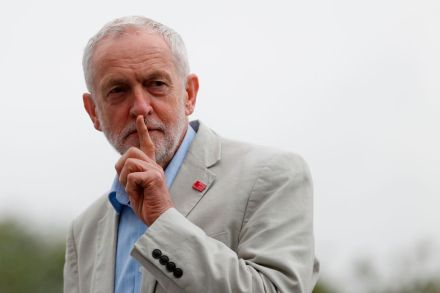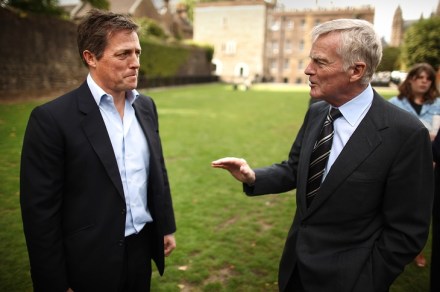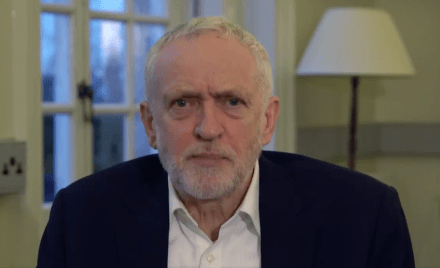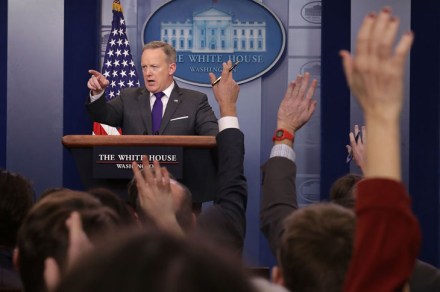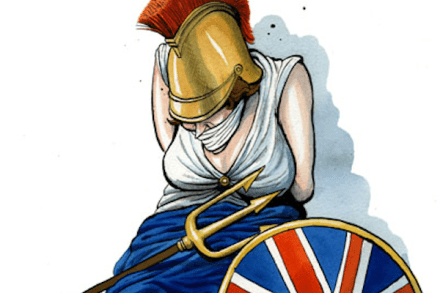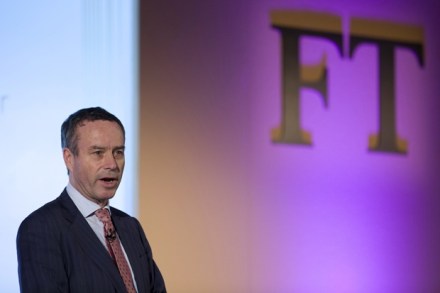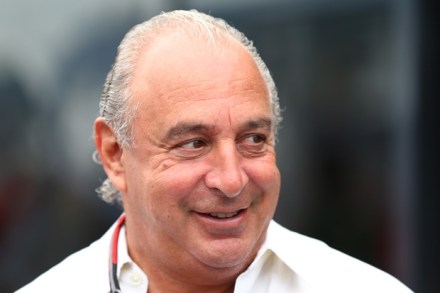Jeremy Corbyn says he likes my journalism – so why does he want to muzzle the press?
Any local reporter would be pleased to hear a leading politician stand up for public interest journalism. Jeremy Corbyn did just that in his speech on media reform yesterday. But let’s not forget that Labour – and Corbyn himself – are adamant supporters of Leveson 2. Make no mistake: this is a dangerous attempt to muzzle local newspapers and expose reporters like me to crippling and needless law-suits. The most worrying aspect of Leveson 2 is Section 40, which would force papers to pay legal costs for people suing them regardless of whether they won their case. This would make the work of journalists much more difficult. After all, many of
